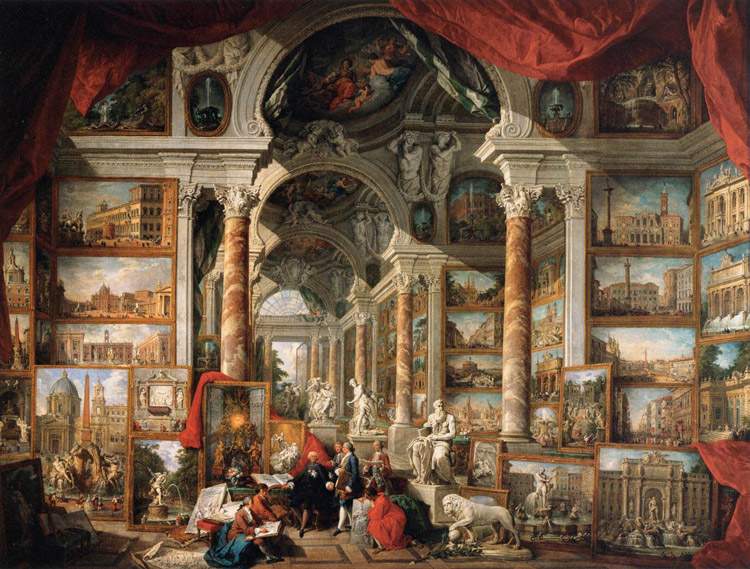Export reform of cultural property comes into effect today
Today, August 29, the reform of the export of cultural goods, contained in the annual law on the market and competition, enacted by the President of the Republic earlier this month, comes into effect. As of today, it will therefore be easier for private citizens to export cultural goods outside national borders. In fact, the reform provides for the amendment of some parts of the Cultural Heritage Code (Legislative Decree No. 42 of Feb. 24, 2004), particularly in Article 65.
The changes that are effective as of today concern the increase of the protection time threshold for works from 50 to 70 years: it means that only works older than 70 years will have to be submitted to the control of theexport office of the Superintendence. In addition, a value threshold of 13,500 euros is introduced: it means that works whose value is deemed by the owner to be less than this amount will not be subject to the normal authorization process, but will simply be submitted with a self-certification. The Superintendency will be able to make spot checks. Finally, a five-year “passport” for works is introduced to facilitate their exit and return from and to the national territory. The “passport” will be established by a decree of the Ministry to be adopted within sixty days from today, that is, from the entry into force of the law.
Here is the text of paragraphs 3, 4 and 4a of Article 65 of the Code as they come out amended by the reform:
Except for the cases provided for in paragraphs 1 and 2, the definitive removal from the territory of the Republic shall be subject to authorization, in the manner established in this section and in Section II of this Chapter:
a) of things, whoever they belong to, that are of cultural interest, are the work of an author who is no longer living and whose execution dates back more than seventy years, the value of which, except for the things listed in Annex A, letter B, number 1, is more than 13.500;
b) of archives and individual documents, belonging to private individuals, which are of cultural interest;
c) of property falling into the categories referred to in Article 11, paragraph 1, letters f), g) and h), whoever they belong to.
4. The removal is not subject to authorization:
a) of the things referred to in Article 11, paragraph 1, letter d);
b) of the things that are of cultural interest, are the work of an author no longer living and whose execution dates back more than seventy years, the value of which is less than 13,500 euros, except for the things referred to in Annex A, letter B, number 1.
4-bis. In the cases referred to in Paragraph 4, the interested party shall have the burden of proving to the competent export office, by means of a declaration pursuant to the Consolidated Text referred to in Presidential Decree No. 445 of December 28, 2000, that the things to be transferred abroad fall within the cases for which authorization is not required, in accordance with the procedures and in the manner established by ministerial decree. The competent export office, if it considers that the things may fall among those referred to in Article 10, paragraph 3, letter d-bis), shall initiate the procedure referred to in Article 14, which is concluded within sixty days from the date of submission of the declaration" .
Image: Giovanni Paolo Pannini, Galleries of Views of Modern Rome (1759; oil on canvas, 231 x 303 cm; Paris, Louvre)
 |
| Export reform of cultural property comes into effect today |
Warning: the translation into English of the original Italian article was created using automatic tools. We undertake to review all articles, but we do not guarantee the total absence of inaccuracies in the translation due to the program. You can find the original by clicking on the ITA button. If you find any mistake,please contact us.





























